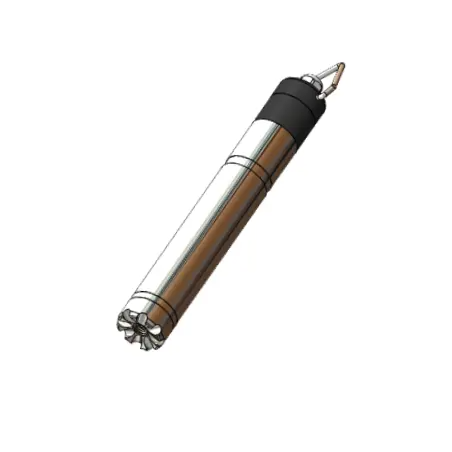Importance of Regular Water Testing in Aquaponics Systems
Aquaponics is a sustainable method of food production that combines aquaculture (the raising of aquatic animals) with hydroponics (the cultivation of plants in water). In an aquaponics system, fish waste provides nutrients for plants, and the plants in turn filter the water for the fish. This symbiotic relationship creates a closed-loop system that is both environmentally friendly and highly productive.
| Product Model | DOF-6310\\u00a0(DOF-6141) |
| Product Name | Dissolved oxygen data collection terminal |
| Measuring Method | Fluorescence Method |
| Measurement range | 0-20mg/L |
| Accuracy | \\u00b10.3mg/L |
| Resolution \\u00a0\\u00a0 | 0.01mg/L |
| Response time | 90s |
| Repeatibility | 5%RS |
| Temperature compensation | 0-60.0\\u2103 Accuracy:\\u00b10.5\\u2103 |
| Air pressure compensation | 300-1100hPa |
| Stand pressure | 0.3Mpa |
| Communication | RS485 MODBUS-RTU standard protocol |
| Power | DC(9-28)V |
| Power comsuption | <2W |
| Operational envrionment | Temperature:(0-50)\\u2103 |
| Storage Environment | Temperature:(-10-60)\\u2103;\\u00a0Humidity:\\u226495%RH(None condensation) |
| Installation | Submerged |
| Protection Level | IP68 |
| Weight | 1.5Kg(with 10m cable) |
One of the key factors in maintaining a successful aquaponics system is regular water testing. Water quality is crucial for the health and growth of both the fish and the plants in the system. Testing the water allows aquaponics enthusiasts to monitor key parameters such as pH, ammonia levels, nitrate levels, and dissolved oxygen levels. By keeping these parameters within the optimal range, aquaponics practitioners can ensure that their system is functioning properly and that their plants and fish are thriving.
Regular water testing is essential for several reasons. First and foremost, it allows aquaponics enthusiasts to monitor the overall health of their system. By testing the water regularly, they can quickly identify any issues that may arise, such as high ammonia levels or fluctuations in pH. This early detection is crucial for preventing problems before they escalate and potentially harm the fish or plants in the system.
In addition to monitoring the health of the system, regular water testing also helps aquaponics practitioners to fine-tune their system for optimal performance. By tracking key parameters over time, they can make adjustments to their system, such as adding more filtration or adjusting the feeding schedule, to ensure that the water quality remains within the desired range. This proactive approach can help to prevent issues before they occur and maximize the productivity of the system.
There are several different types of water test kits available for aquaponics enthusiasts to use. These kits typically include test strips or liquid reagents that can be used to measure various parameters such as pH, ammonia, nitrate, and dissolved oxygen. Some kits are designed to test multiple parameters at once, while others are more specialized for specific parameters. Regardless of the type of kit used, it is important to follow the instructions carefully and to test the water at regular intervals to ensure accurate results.

When choosing a water test kit for an aquaponics system, it is important to consider the specific needs of the system. Some kits are designed for larger commercial systems, while others are more suitable for smaller home systems. It is also important to consider the cost of the kit, as well as the ease of use and accuracy of the results. Ultimately, the goal is to choose a kit that provides reliable and accurate results so that aquaponics practitioners can make informed decisions about their system.
In conclusion, regular water testing is essential for maintaining a healthy and productive aquaponics system. By monitoring key parameters such as pH, ammonia levels, nitrate levels, and dissolved oxygen levels, aquaponics enthusiasts can ensure that their system is functioning properly and that their fish and plants are thriving. Water test kits are a valuable tool for monitoring water quality and making informed decisions about the system. By investing in a quality water test kit and testing the water regularly, aquaponics practitioners can enjoy the benefits of a successful and sustainable aquaponics system for years to come.







